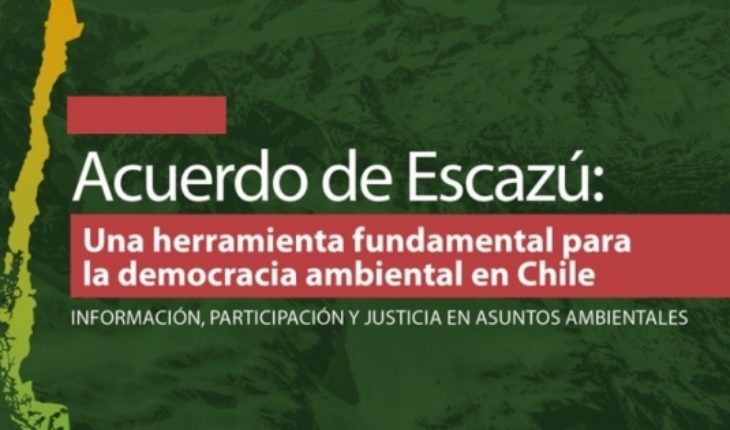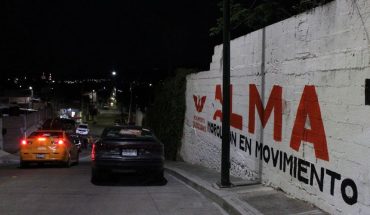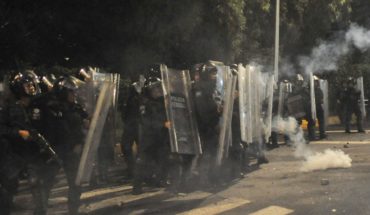are indignant about the effects on the health of the s inhabitants Quinteros and Puchuncaví environmental pollution affecting this area. When Gabriel García Márquez wrote his novel “Chronicle of a death foretold” he failed the contingent that would be its title. This community comes years suffering and carrying with it a tremendous frustration by the negligible incidence that their concerns and needs have had until today in the decisions made by individual Governments on how to address and solve the the environmental pollution which has characterised this territory at least a decade.
In parallel to this emergency, the national human rights Institute is to make known these days its third map of Chile in socio-environmental conflicts. It has already announced that environmental conflicts have increased 13% with respect to the year 2015.
A relevant dimension of the socio-environmental conflicts, which acts as a trigger, is the lack of timely and substantive involvement of communities that must share the territory with these projects. Thus one of the most relevant actors remains marginalized in the decisions on this project, which will then affect for good and evil its human settlement and quality of life.
Today Chile is taking a fundamental step in the matter.
The “Regional Agreement on access to information, public participation and access to justice in environmental matters in Latin America and the Caribbean” is or “agreement of Escazú” which was adopted in S an Jose de Costa Rica in March this year by 24 Latin American countries, including Chile. It is a binding instrument to raise the standard of the rights of access, these are: the assurance of access to information, participation and justice in environmental matters. The Government of Chile, has already committed his signature on September 27 in the framework of the next General Assembly of the United Nations in New York.
In parallel, the Government has sent Bill reforming the system of environmental impact assessment on 31 July last, governing participation in what it calls the “early participation” which as its name suggests refers to the involvement of communities in the early stages of the project and before that be environmentally assessed.
To make this initiative referred to in the draft law a tool capable of channelling the concerns, interests and proposals of the communities must comply with provisions of the Escazu agreement with respect to the rights to information and participation. Of course you can go beyond the provisions of the Convention but can not back with respect to the text of the Convention, where in addition Chile had great leadership to negotiate a solid and ambitious instrument.
The State of Chile should continue to lead this process in Latin America starting as soon as the process of ratification of the Convention and reconcile their bills on the subject with the provisions of this Convention.
The Convention should be ratified shortly. Authorities and the Congress must give a clear signal of its commitment with overcome situations so unfortunate and avoidable as Quintero and Puchuncavi.
The shed contents in this op-ed is the sole responsibility of the author and do not necessarily reflect the editorial line nor the counter position.





